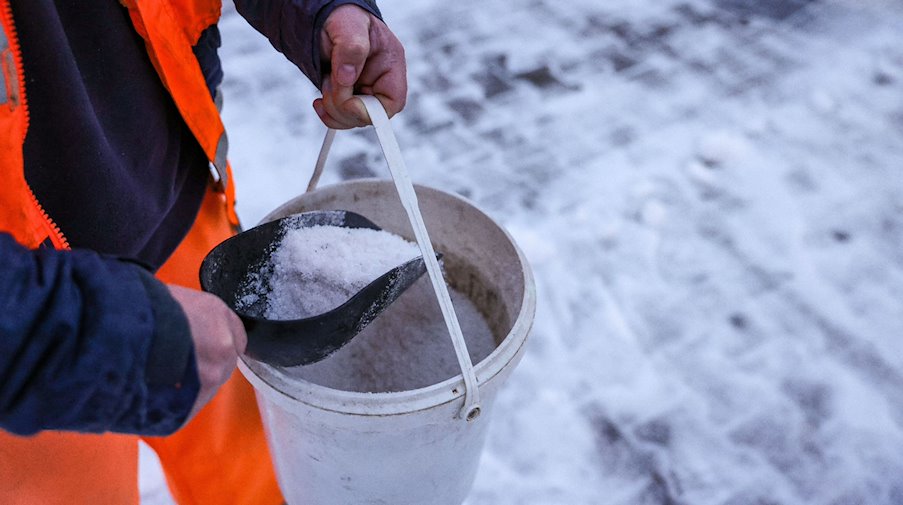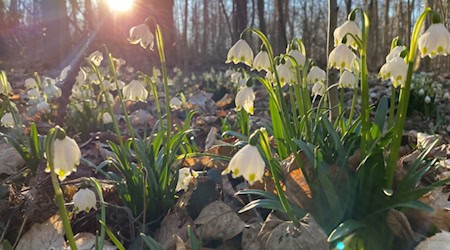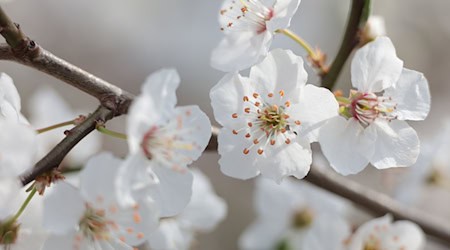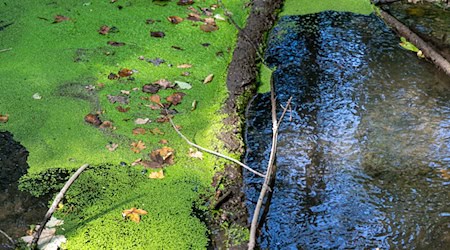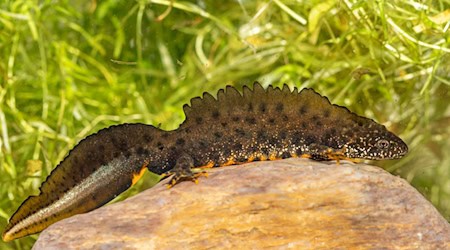The German Federation for the Environment and Nature Conservation (BUND) has called for alternatives to the use of road salt. Its use torpedoes all efforts to protect urban trees from the hot summers caused by climate change, explained Daniel Blume, deputy head of BUND Dresden on Wednesday. "The vitality of urban trees, already impaired by a lack of water and intensified use, is being unnecessarily worsened as a result - for many trees, this means slow death by salt." Lime, sycamore and elm are considered particularly sensitive, but sycamore, hornbeam and hawthorn are also susceptible, they said.
According to the environmentalists, sprinkling icy driveways or sidewalks creates a mixture of salt and water that reduces the melting point of the ice. This mixture also reaches the adjacent vegetation and accumulates in the soil. "The following spring, the salt makes it much more difficult for the tree roots to absorb water. The trees literally 'die of thirst', even on rainy days." In addition, important nutrients such as potassium, calcium and magnesium cannot be absorbed. In addition, a highly alkaline solution is created in the meltwater, which leads to an increase in the pH value of the soil.
BUND believes that road salt should only be used in unavoidable cases and on large roads. Salt-free gritting agents such as granulate, grit and sand are suitable for sidewalks. "They protect our valuable urban nature," emphasized Blume.
Copyright 2023, dpa (www.dpa.de). All rights reserved

